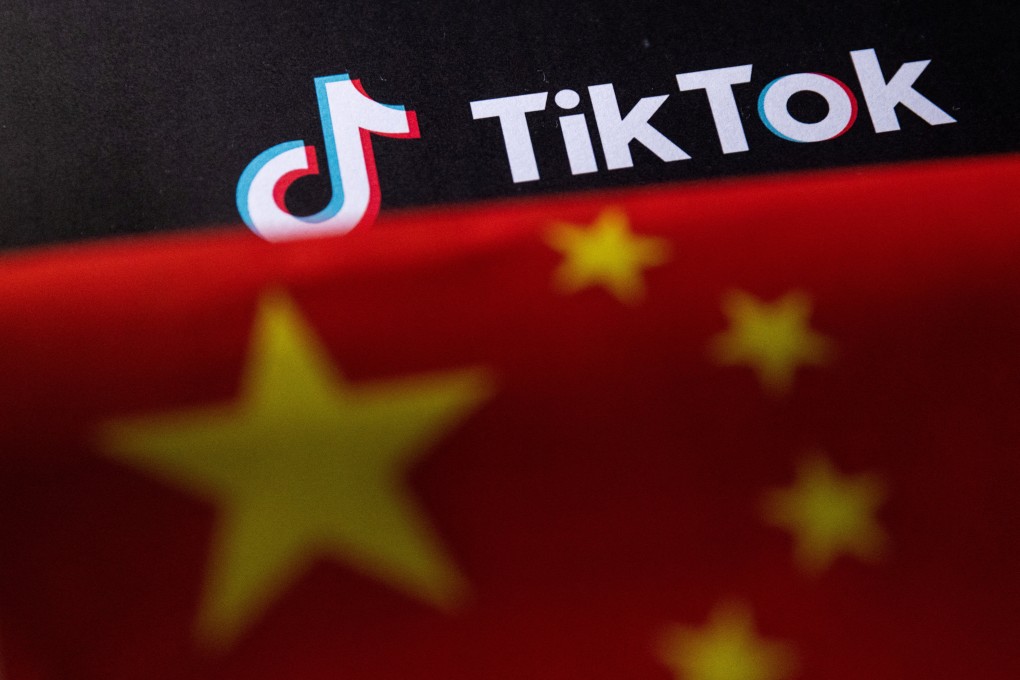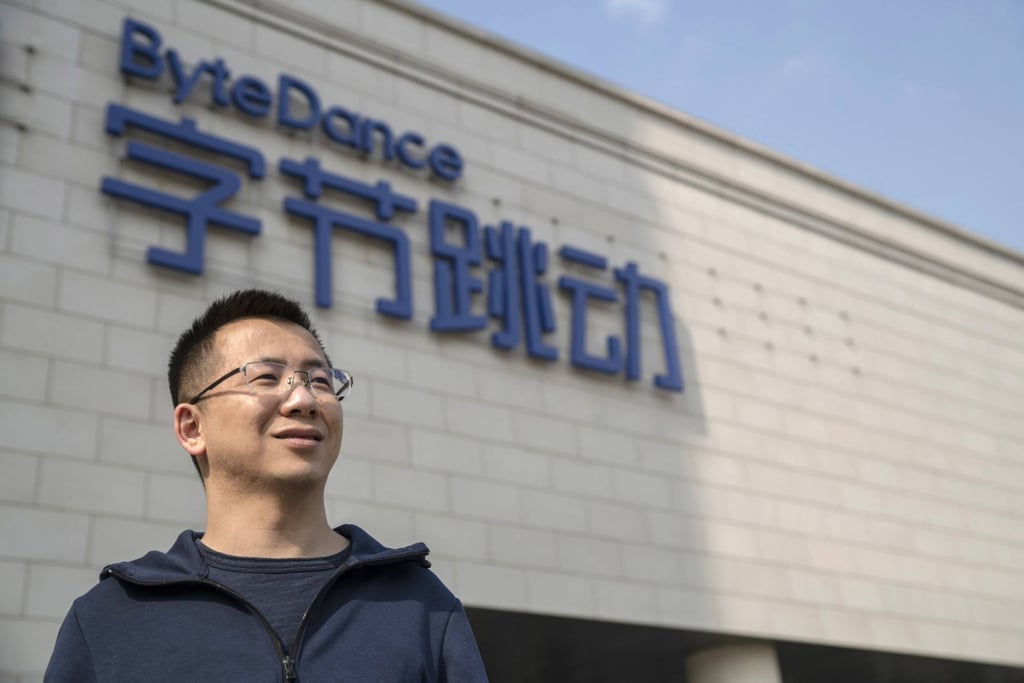After TikTok-owner ByteDance cuts the fat to focus on fundamentals, social commerce challenges and US election loom
- ByteDance has scaled back its video game and virtual reality ambitions to focus on scaling e-commerce in its hit short video app TikTok
- Fresh challenges to its e-commerce operations in Indonesia and rising scrutiny ahead of the US elections add to challenges in the coming year

In a tumultuous year for China’s tech sector, ByteDance – the power behind short video hit TikTok and the country’s most-valued unicorn – may just have faced its Dunkirk moment.
After rapid expansion for the information flow company started in former chief executive and founder Zhang Yiming’s rented Beijing flat in 2012, ByteDance has retreated from several once-promising sectors, such as gaming and virtual reality (VR), and found itself on the back foot over social commerce and content moderation.
The Post reported in November that Nuverse, ByteDance’s flagship gaming studio, was shuttering most projects not yet online, according to people familiar with the situation, and selling the rights to at least two of its titles. It has also reportedly fired hundreds of employees at its VR brand Pico and cancelled development of its next-generation VR gadget.
In other words, ByteDance – which had divided itself into six units including gaming, education, TikTok, Douyin, enterprise collaboration platform Feishu and cloud service Volcano Engine – has drastically shrunk two of its businesses. Meanwhile, education has hardly lit up the room since Beijing cracked down on private tutoring in 2021.
It is quite a reversal for the company that disrupted the decade-old BAT stranglehold on China’s tech sector, made up of search engine and AI giant Baidu, e-commerce heavyweight Alibaba Group Holding and social media and video gaming titan Tencent Holdings. Alibaba owns the Post.

ByteDance is also one of the few Chinese tech firms to crack the overseas market with the rip-roaring success of TikTok, which has more than 1 billion monthly active users globally, according to company information.
